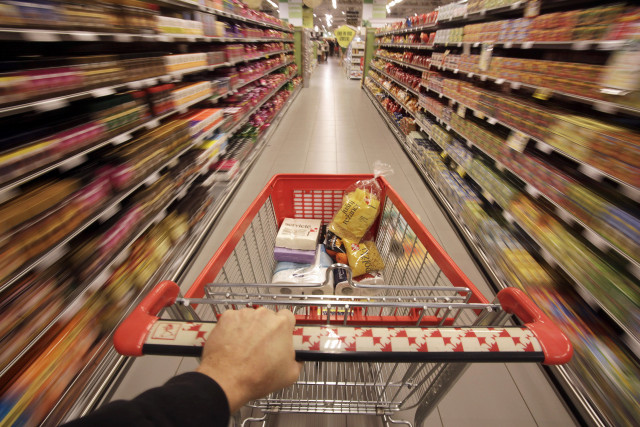Inflationary pressure in coming months
In presence of ad hocism, economy will remain in slumpflation

Media commentators and analysts are of the opinion that inflationary pressure is likely to surge in coming months.
If we look at the latest inflation statistics, we will come to know that the yearly headline inflation was hovering around 11% in April 2021 while the urban food inflation was around 15%.
Similarly, the Sensitive Price Indicator (SPI) was around 21%. In addition, the average inflation for the first 10 months of FY21 was around 8.6% while the SPI turned out to be around 12.9%. The average headline and commodity inflations have come down in the first 10 months of FY21. This shows that prices have decelerated to some extent this year as compared to the previous one.
However, the acceleration in prices in the last two years has impacted the masses a great deal. Specifically, the prices of essential commodities have soared a great deal.
International wheat prices have been increasing steadily since 2018 with annual growth of more than 10%. Similarly, there has been a phenomenal increase in prices of corn since 2019. Corn is used in cattle and poultry feed to a great extent.
Soybean prices have also jacked up in the last couple of years, which is also used in animal feed. In addition, international sugar prices are on an uptrend. The global economy has been in the grip of recession since March 2020. Major central banks have adopted a zero interest rate policy (ZIRP) in order to respond to the recession.
Whenever central banks adopt ZIRP, speculators become very active in stock markets. In addition, low cost of borrowing also propels other investors to invest in stocks.
Since then, stock markets have been bullish in those parts of the world where ZIRP is implemented. Whenever there is an economic recession, profitable opportunities for businesses are less. In order to look for profitability, investors look for opportunities.
The lesson of history is that investors create an investment class to increase profitability. On this basis, commodities have attained the status of an investment class. From 2008 to 2013, the global commodity prices went up significantly since investors poured capital into this investment class.
Now, the question arises whether higher international commodity prices would translate into higher domestic commodity prices or not. This depends on whether the country is self-sufficient in commodities which are used by the masses or not.
Despite self-sufficiency, the local powerful groups either create artificial shortage of commodities through storage or try to influence policymakers for export by arguing that higher international prices will fetch precious foreign exchange for the country.
The case of wheat is instructive in this regard. In FY20, Pakistan was self-sufficient in wheat and even exported a reasonable quantity. On the contrary, Pakistan started to import wheat in FY21.
Wheat prices have been increasing since 2018, which translated into higher flour prices in the country. Similarly, sugar prices have been increasing since 2019. Pakistan exported sugar in FY20 and it became an importer in FY21.
There is a palpable difference between the government-determined price and the price charged by the market. The higher flour and sugar prices have contributed to food inflation a great deal, as administrative measures remain ineffective to arrest the rising prices.
Now chicken, mutton and beef prices are also increasing as animal feed has become expensive in the last one year.
In a nutshell, higher commodity prices will contribute to inflationary pressure in coming months. In the presence of ad hocism, the economy will remain in slumpflation.
The writer is the Assistant Professor of Economics at SDSB, Lahore University of Management Sciences (LUMS)
Published in The Express Tribune, May 17th, 2021.
Like Business on Facebook, follow @TribuneBiz on Twitter to stay informed and join in the conversation.


















COMMENTS
Comments are moderated and generally will be posted if they are on-topic and not abusive.
For more information, please see our Comments FAQ